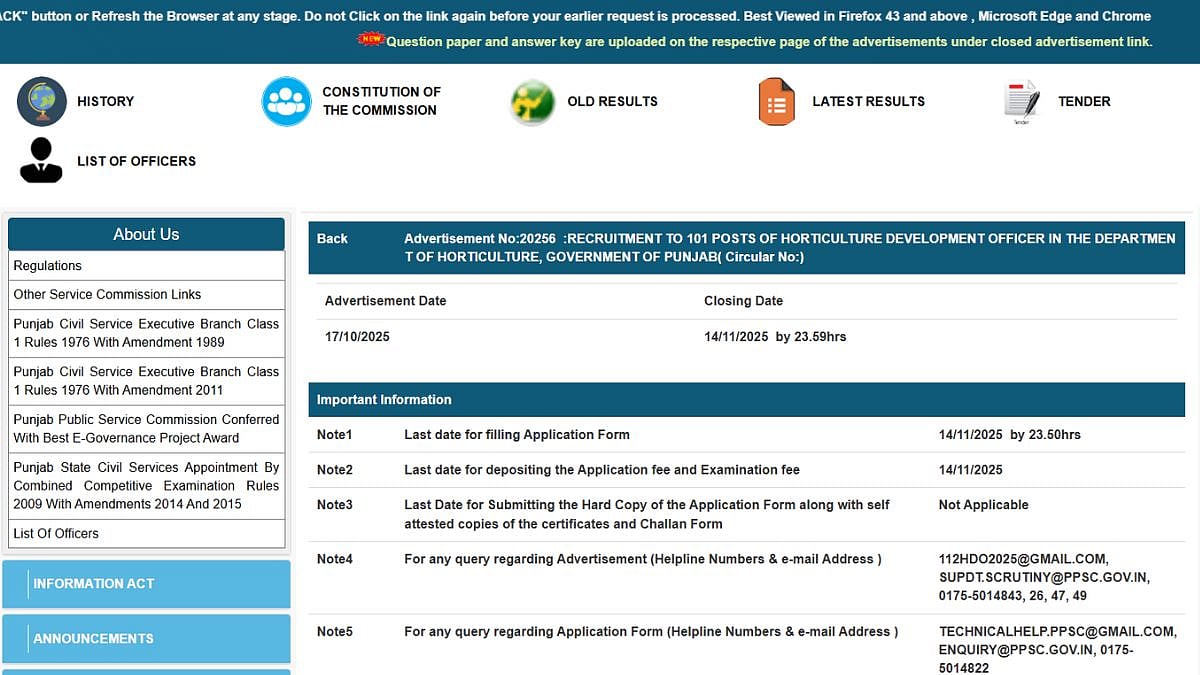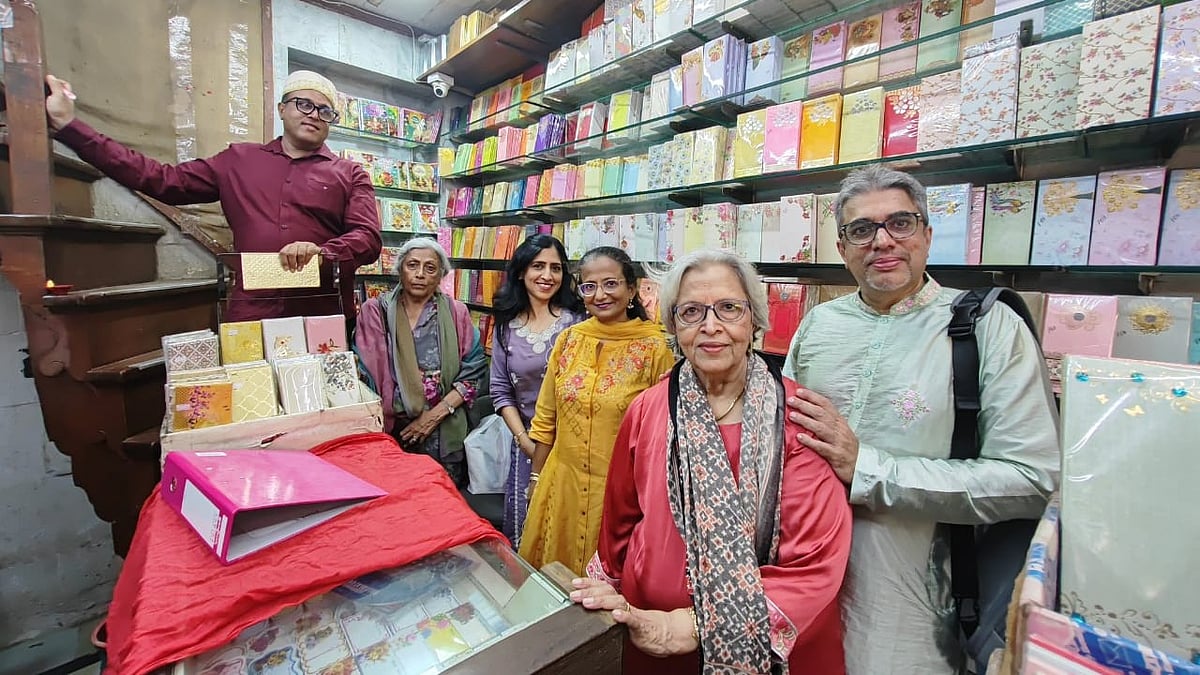Coming close on the RBI report on internationalisation of the rupee was the deal signed by India with UAE on the use of rupee as transaction currency. In fact, earlier too RBI had allowed for using rupees to settle payments for exports, with a rider being that the recipient can use the rupee for buying goods from India or else invest in government paper. Therefore there are positive signs that can be seen as a way to preserve our forex reserves. With Germany and France ready to tow the line of UAE, acceptance of the rupee internationally is signified.
But then can things be so good and easy?
The answer is that there is a clarion call across the world to move away from the dollar as an anchor currency and look for alternatives beyond the Western currencies. This gives hope to the concept of countries using their own currencies for the settlement of payments. It is in this environment that India has been looking to get countries to accept payments in rupees.
India is a large economy and is probably one of the fastest growing, which can maintain momentum for a longer period of time than other nations. Foreign investment into the country is high and India is a major recipient of foreign direct investment. Therefore there is implicit faith reposed in the country’s economy.
Given the size of the population and the movement of people swiftly to higher income levels, the market provided to foreign companies is large. Further at the policy level, there has been a lot of prudence shown in managing budgets in the last 10 years which gives confidence to investors. India is hence a major economy in terms of size and scope which qualifies the rupee to be considered as a global currency. There is reason to believe that the rupee can find its way to other countries for use.
However, for such agreements to work, the clue lies in acceptance of the currency. Ideally, all countries would like to have their currencies used for settling transactions. But the receiving country needs to be comfortable with the same. This comfort comes provided the recipient country can use the currency for settling payments of its imports.
The advantage of the dollar and euro is that around 80-85% of global transactions are carried out in these currencies. The recipient can use these hard currencies for purchasing goods from other countries as there is acceptance. Hence, the success of all arrangements that we sign will depend on the recipient country accepting the rupee. This will be possible only in case it can use rupees for importing goods from other countries.
This is the problem with importing oil from Russia and paying for the same in rupees. India runs a trade deficit with Russia. Last year imports peaked at $46 bn while exports were just $3 billion. In such a situation Russia will find it hard to use the rupees paid for its exports as the countries from where it imports would not accept rupees.
Similarly, it needs to be seen if the agreement with the UAE can mean Indians travelling to Dubai and shopping and paying in rupees. India imported around $53 bn of goods from UAE last year while exports were around $32 bn. Unless UAE is able to use the rupee equivalent to import from other countries, the effect of such agreements will be limited.
The agreement with UAE is hence significant because there would be no regulatory hurdles on either side when it comes to use of domestic currency for foreign transactions. In fact the UPI interface would be blended with UAE’s IPP (Instant Payments Platform) to facilitate individual payments. This is a great start. But finally, the recipient would have to be willing to accept the rupees or dirham which can be used for other transactions with a third party.
But, it is essential, nonetheless, for India to keep talking to countries and signing such agreements so that the circle of acceptance increases. This surely will take time but a start has to be made now. The time is also opportune as almost all non-western countries are exploring the use of alternatives for settling international transactions as the ban put by the USA on Russia being a part of the SWIFT system did ring an alarm all over.
There has been some talk of the BRICS group getting together to agree to use of local currencies but there are apprehensions as the countries are dissimilar when it comes to the form of governance as well as economy.
India should keep exploring such agreements with countries in Asia – East and South, so that the network is widened. This will require patience and tact because the South Asian countries for example have been known to be quite careless with their economic models. There is also an understanding with Singapore on the use of UPI which can be extended over time with rupee trade too. This can then be extended to Africa.
The use of the rupee for international transactions will automatically improve our balance of payments situation and make the currency stronger in the global market. But, this will be a slow process for sure.
(Author is Chief Economist, Bank of Baroda and Author of Corporate Quirks: The Darker Side of the Sun. Views are personal.)











